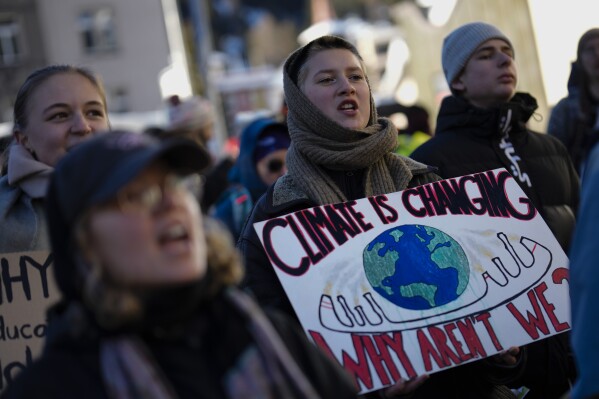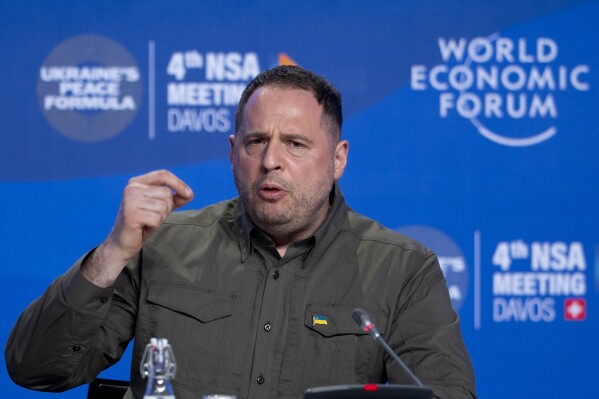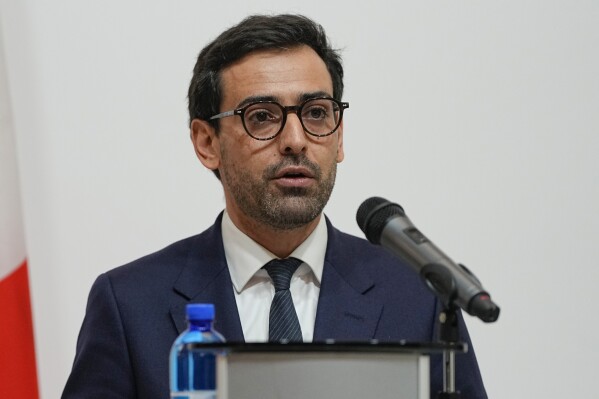United Nations seeks $4.2 billion to help people in Ukraine and refugees this year
BERLIN (AP) — The United Nations appealed on Monday for $4.2 billion to help people in Ukraine and displaced outside the country this year, saying that people on the front lines have “exhausted their meager resources” and many refugees also are vulnerable.
About three-quarters of the total, $3.1 billion, is meant to support some 8.5 million people inside Ukraine. The remaining $1.1 billion is sought for refugees and host communities outside Ukraine.
A recent wave of attacks “underscores the devastating civilian cost of the war” and a bitter winter is increasing the need for humanitarian aid, the U.N. Office for the Coordination of Humanitarian Affairs and the U.N. refugee agency said in a statement from Geneva.
“In front-line towns and villages, people have exhausted their meagre resources and rely on aid to survive,” it said.



Ukraine has been subjected to massive Russian barrages recently. More than 500 drones and missiles were fired between Dec. 29 and Jan. 2, according to officials in Kyiv.
Nearly two years after Russia launched its full-scale invasion of Ukraine, the U.N. says 14.6 million people in the country need humanitarian help, while around 6.3 million have fled Ukraine and remain refugees.
“Hundreds of thousands of children live in communities on the front lines of the war, terrified, traumatized and deprived of their basic needs. That fact alone should compel us to do everything we can to bring more humanitarian assistance to Ukraine,” said Martin Griffiths, the U.N.’s humanitarian chief.
“Homes, schools and hospitals are repeatedly hit, as are water, gas and power systems,” he added. “The very fabric of society is under attack with devastating consequences.”
The U.N. said that Ukrainian refugees in neighboring countries “also need increased and sustained support.” It said that only half of school-age refugee children are enrolled in schools where they are now, only 40-60% are employed and “many remain vulnerable with no means to support themselves.”
Disclaimer: The copyright of this article belongs to the original author. Reposting this article is solely for the purpose of information dissemination and does not constitute any investment advice. If there is any infringement, please contact us immediately. We will make corrections or deletions as necessary. Thank you.

